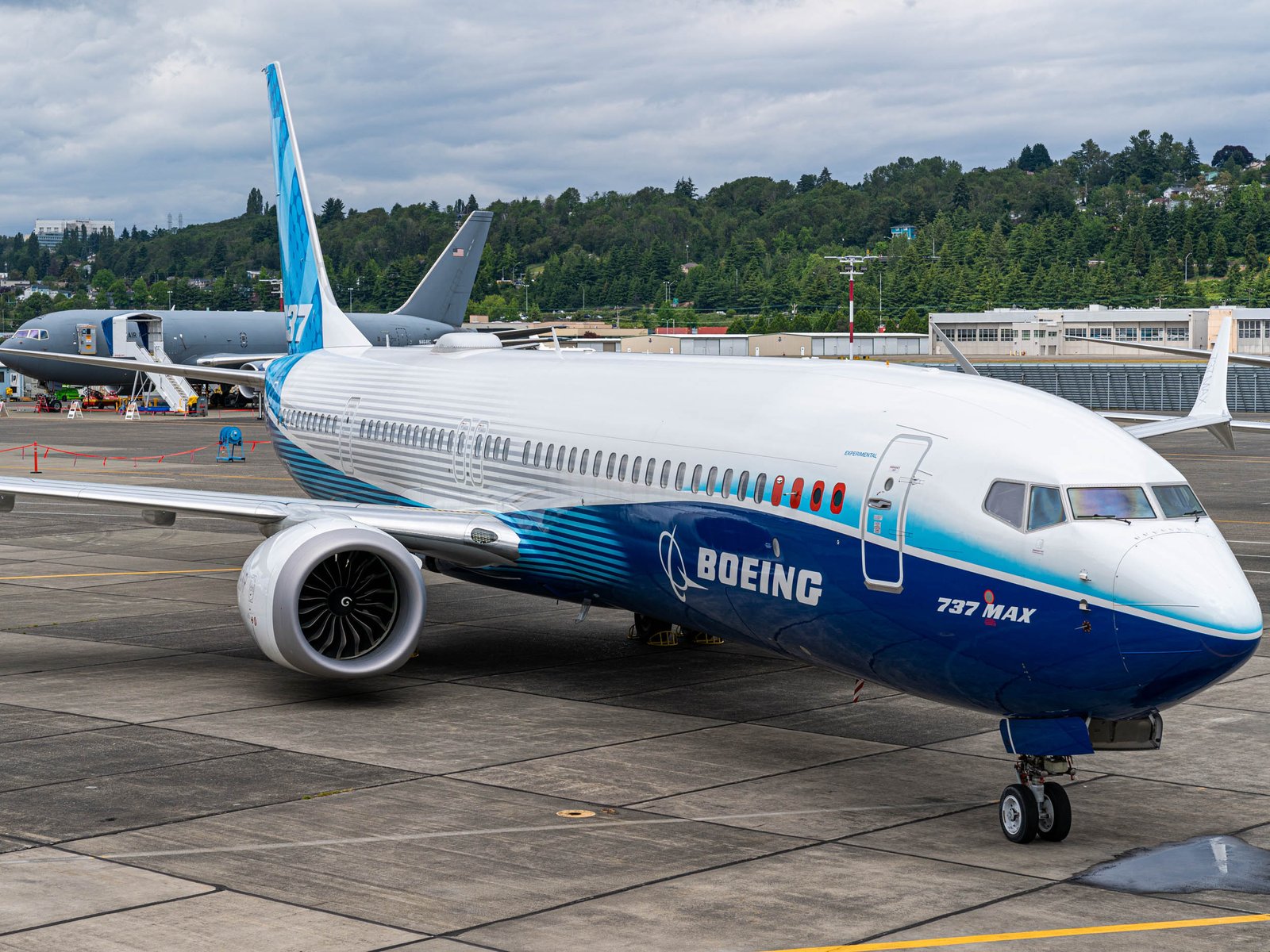Boeing, one of the world’s leading aerospace companies, has been facing a series of challenges in recent years. From the grounding of its 737 MAX aircraft to quality control issues in its manufacturing processes, the company has been under scrutiny for its management and leadership decisions. The recent announcement of CEO Dave Calhoun stepping down, along with other key executives retiring or not seeking reelection, marks a significant shift in the company’s leadership structure. This article will delve into the implications of these changes and what it means for Boeing moving forward.
The announcement of Dave Calhoun stepping down as CEO of Boeing by the end of the year came as a surprise to many in the industry. Calhoun, who took over as CEO in January 2020, has been at the helm during a tumultuous period for the company. The grounding of the 737 MAX aircraft following two fatal crashes in 2018 and 2019, as well as ongoing quality control issues, has put Boeing under intense scrutiny from regulators, customers, and the public.
In addition to Calhoun’s departure, Stan Deal, the chief of Boeing’s commercial airplane division, will retire immediately, while board chair Larry Kellner will not run for reelection. This shakeup at the top of the company’s leadership structure signals a significant change in direction for Boeing. Steve Mollenkopf, former CEO of Qualcomm and a Boeing board member since 2020, will replace Kellner as chair and will oversee the search for a new CEO.
Stephanie Pope, a longtime Boeing executive who currently serves as the company’s chief operating officer, will take over as the chief executive of the commercial airplane division. Pope, who previously led Boeing’s Global Services division and served as chief financial officer at Boeing Commercial, brings a wealth of experience to her new role. Her appointment is seen as a positive step in restoring confidence in Boeing’s commercial airplane business.
The leadership changes at Boeing come at a critical time for the company. The incident involving an Alaska Airlines 737 MAX 9, where a body panel burst off the aircraft during a flight, has raised serious concerns about the company’s quality control and manufacturing processes. Investigators found that a “door plug” on the aircraft was missing bolts required to hold it in place, leading to an explosive decompression and forcing the pilots to return to the airport.
This incident, along with other recent episodes involving Boeing aircraft, has put the company’s safety record under scrutiny. With the 737 MAX still facing challenges in returning to service following its global grounding, Boeing’s reputation has taken a hit in the eyes of regulators, customers, and the public. The company’s response to these incidents will be crucial in rebuilding trust and confidence in its products.
Critics have pointed to a shift in Boeing’s corporate culture since its merger with McDonnell Douglas in 1997. The aerospace firm, known for its cost-cutting measures and focus on profitability, has been accused of prioritizing financial gains over engineering and safety considerations. Calls for a leadership change at Boeing have been growing in recent years, with many advocating for a return to an engineering-first value system.
The appointment of Stephanie Pope as the new chief executive of Boeing’s commercial airplane division is seen as a step towards addressing these concerns. Pope’s background in finance and operations, combined with her experience at Boeing, positions her well to lead the division through these challenging times. The company will be looking to her leadership to navigate the current crisis and restore confidence in its products.
In conclusion, the leadership changes at Boeing signal a new direction for the company as it seeks to address the challenges it is facing. With a new CEO and other key executives in place, Boeing will be looking to rebuild its reputation and regain the trust of its customers and regulators. The company’s response to the recent incidents and its commitment to safety and quality control will be closely watched in the coming months. Only time will tell if these changes will be enough to steer Boeing back on course.

